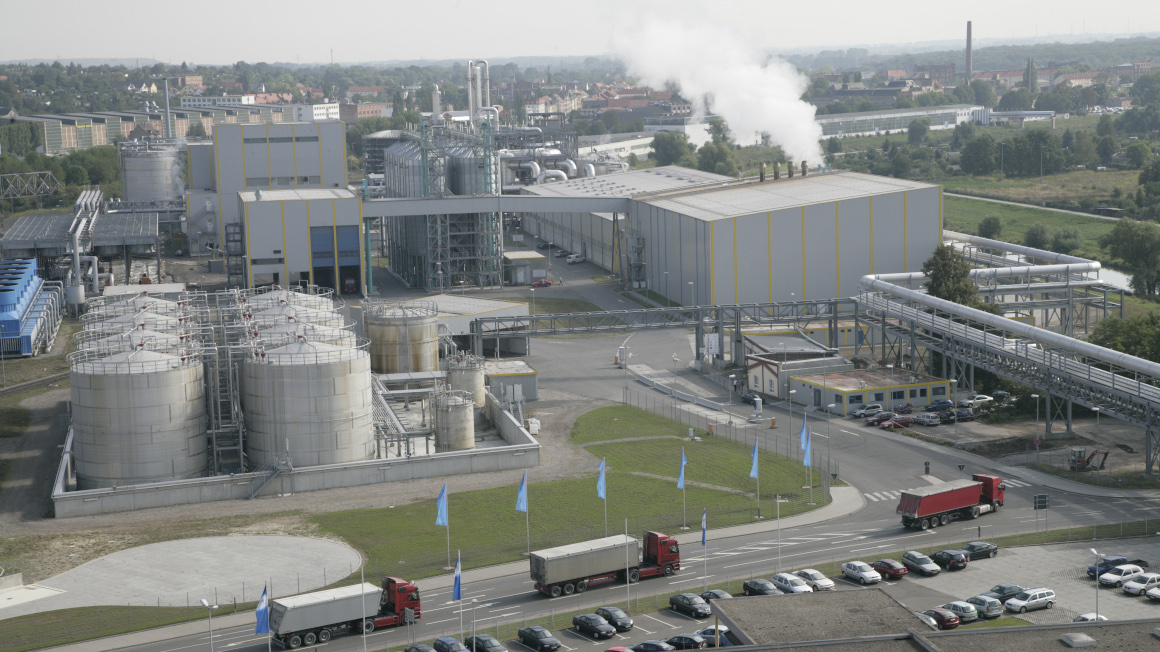CropEnergies focuses on biobased chemicals
The first production plant for manufacturing renewable ethyl acetate from sustainable ethanol is to be built at the site of Südzucker subsidiary CropEnergies in Zeitz by 2025.

Bioethanol is not only a high-quality and sustainable fuel that has accounted for five to ten percent of E10 fuel for many years. The biomass-derived molecule is also ideally suited as a feedstock for the production of biobased chemicals. With its new "Biobased Chemicals" business unit, CropEnergies therefore aims to specifically tap into new markets outside the mobility sector. To this end, the first production plant for biobased chemicals is now to be built at the Südzucker subsidiary's site in the Elsteraue Chemical and Industrial Park in Zeitz. The investment costs amount to 130 million euros.
Ethyl acetate from bioethanol
The plant will produce renewable ethyl acetate from sustainable ethanol. Ethyl acetate, also known as acetic ester, is a solvent that has many uses - for example, in the production of flexible packaging and coatings, paints and adhesives, and in the food, beverage, cosmetics and pharmaceutical industries. To date, the chemical has been produced predominantly from fossil raw materials.
"I am pleased that the next phase of construction of our new production facility has now begun and that our announcement to make CropEnergies a supplier of innovative, sustainable products from biomass is being put into practice," said Stephan Meeder, CEO of CropEnergies AG.
Better security of supply and climate footprint
According to the company, the new production plant will be the first of its kind in Europe. In the future, up to 50,000 metric tons of renewable ethyl acetate are to be produced annually from sustainable ethanol and using renewable energy sources. The production of sustainable acetic ester in Germany would not only improve the climate footprint of the products made from it. Thanks to "domestic production," the security of supply for customers in Europe would also increase.
Start of production planned for summer 2025
By the end of last year, the supervisory board of CropEnergies had given the green light for the construction of the production plant. Construction is scheduled to start at the beginning of 2024. The plant is scheduled to go on stream in summer 2025 at the latest.
bb


